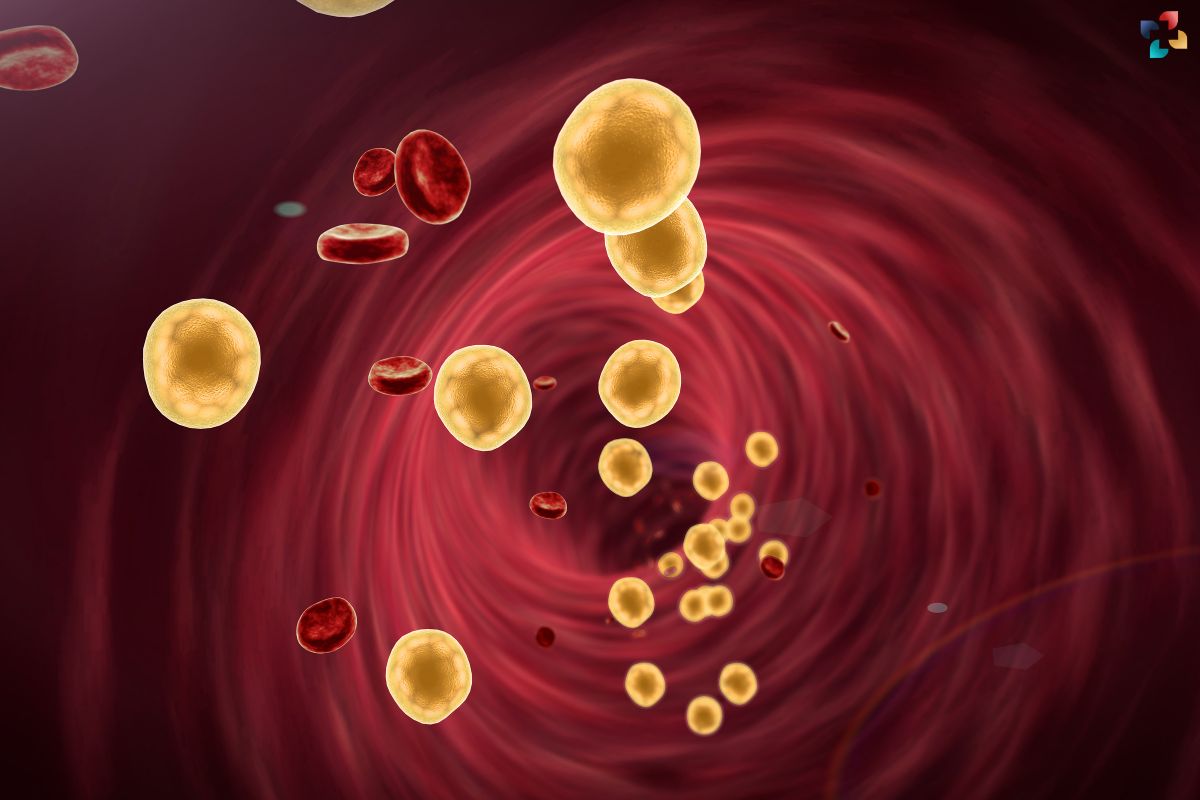A widely available and cost-effective cholesterol-lowering drug, commonly known as statins, may offer significant benefits beyond heart health by potentially reducing cancer risk. According to recent research led by the Mass General Cancer Center and published in Nature Communications, statins might block pathways associated with cancer development due to chronic inflammation in the body.
Dr. Shawn Demehri, a principal investigator at the Center for Cancer Immunology and Cutaneous Biology Research Center at Massachusetts General Hospital, and an associate professor of dermatology at Harvard Medical School, emphasized the role of chronic inflammation as a major global cause of cancer. “We investigated the mechanism by which environmental toxins drive the initiation of cancer-prone chronic inflammation in the skin and pancreas. Furthermore, we examined safe and effective therapies to block this pathway to suppress chronic inflammation and its cancer aftermath,” Demehri explained.
Chronic Inflammation’s Link to Cancer
Chronic inflammation is linked to approximately 20% of cancers globally. Meanwhile, statins are already a common medication, with over 40 million Americans using them to manage cholesterol levels, according to Yale Medicine. Given the prevalence and affordability of statins, the study’s findings could offer a practical approach to decreasing cancer risk by mitigating chronic inflammation.
The research team employed a comprehensive approach, analyzing human tissue samples, animal models, and epidemiological data to understand the relationship between inflammation and cancer. Their experiments revealed that exposure to chemical irritants and allergens triggered two pathways leading to the production of a protein that promotes inflammation in the skin and pancreas, which could subsequently develop into cancer.
Promising Results and Future Directions
The researchers found that pitavastatin, a type of statin, effectively suppressed the activation of the inflammation-causing protein by blocking a specific signaling pathway. In animal models, particularly mice, pitavastatin successfully reduced inflammation caused by environmental toxins, thereby preventing inflammation-related pancreatic cancers.
The study’s promising results have paved the way for further exploration into statins’ potential anti-cancer properties. “Next, we aim to further examine the impact of statins in preventing cancer development in chronic inflammation in the liver and gastrointestinal tract and to identify other novel, therapeutic approaches to suppress cancer-prone chronic inflammation,” stated Demehri.
This ongoing research underscores the importance of understanding and mitigating chronic inflammation as a critical factor in cancer prevention. The implications of these findings could lead to new, accessible cancer prevention strategies utilizing existing medications, significantly impacting public health outcomes.







